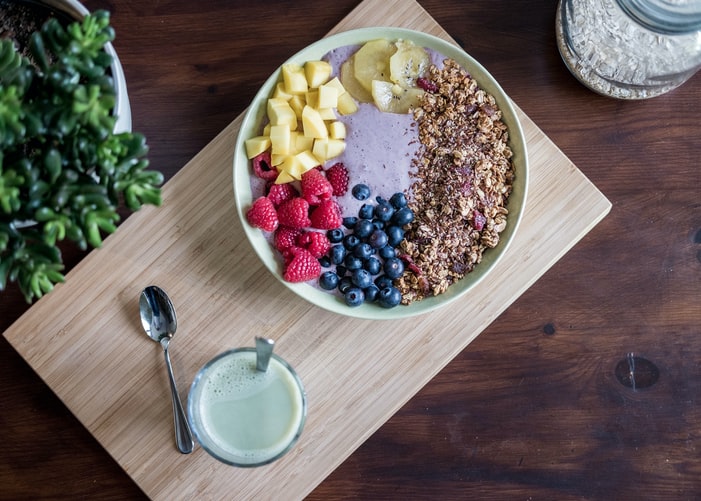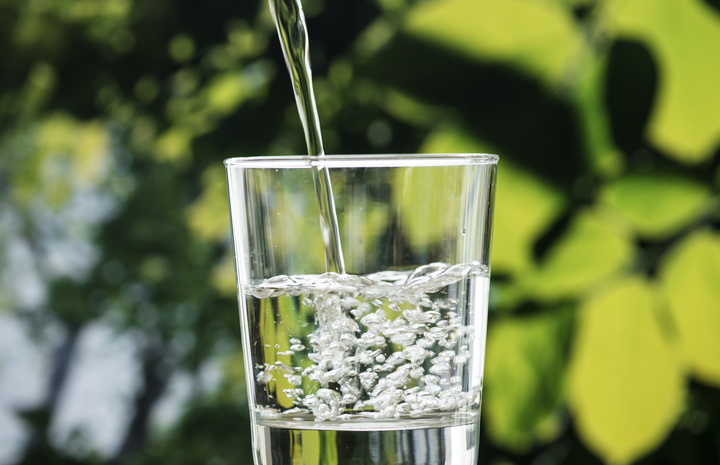Diet and exercise go hand in hand. When and what you eat can be important for how you feel during exercise, whether it is easier training or competition training. Consider these tips for eating and exercising.
Eat a healthy breakfast
If you exercise in the morning, get up early enough to finish breakfast at least an hour before exercise. Studies suggest that consuming carbohydrates before exercise can improve exercise activity and can allow you to exercise for a longer period of time or at a higher intensity. If you do not eat, you may feel sluggish and have less strength during exercise.

If you plan to exercise within an hour after breakfast, eat a light breakfast or drink something like a sports drink. Focus on carbs for maximum energy.
Good breakfast options include:
- Whole grain cereals
- Low fat milk
- Banana
- Eggs
- Yogurt
- Protein Pancakes
You can find many recipes on applications that include healthy foods with a high percentage of protein, fiber and healthy fats.
Pay attention to portion size
Big meals. Eat them at least three to four hours before exercise. Eat small meals or snacks about one to three hours before exercise. Too much food before exercise can have a bad effect on you, and too little food may not give you enough energy that you need to continue to feel strong during exercise.
Smoothie
Most people can eat little food just before and during exercise. The key is how you feel. Do what is best for you. Healthy snacks eaten before exercise will probably not give you extra energy if the workout lasts less than 60 minutes, but they can prevent distractions from hunger.If your workout is longer than 60 minutes, you could benefit from including a food or beverage that contains carbohydrates during your workout.
Good snack options include:
- Banana, apple or other fresh fruit
- Yogurt
- Fruit smoothie
- Oatmeal with water or milk of your choice
- Peanut butter toast
A healthy snack is especially important if you plan your workout a few hours after a meal. To help your muscles recover and replace their glycogen stores, eat a meal that contains both carbohydrates and protein within two hours of exercise, if possible.
Good post-workout food choices include:
- Yogurt and fruit
- Peanut butter toast
- Low fat chocolate milk
- Smoothie for recovery after training
- Turkey with wholemeal bread and vegetables
Water
Don’t forget to drink fluids. You need adequate fluids before, during and after exercise to prevent dehydration. Read more about hydration in the blogs section and learn new information. Two to three hours before training, drink approximately 2 to 3 cups of water. During training, also hydrate and drink fluids. Water is generally the best way to make up for lost fluids. But if you exercise for more than 60 minutes, use a sports drink. Sports drinks can help you maintain electrolyte balance in your body and give you a little more energy because they contain carbohydrates. Keep in mind that the length and intensity of your activity will determine how often and what you should eat and drink. For example, you will need more energy from food to run a marathon than to run a few kilometers. And try not to include any new products in your diet before a long-term sporting event.It is best to have previous experience to see how your system handles food.

When it comes to eating and exercising, everyone is different. So pay attention to how you feel during exercise and to your overall performance. Let the experience guide you on which eating habits suit you before and after exercise. Consider keeping a diary to monitor how your body responds to meals and snacks, so you can adjust your diet for optimal performance. For easier organization of training and diet plan, you can look at the application where you will have new ideas for your training and meals every day.
